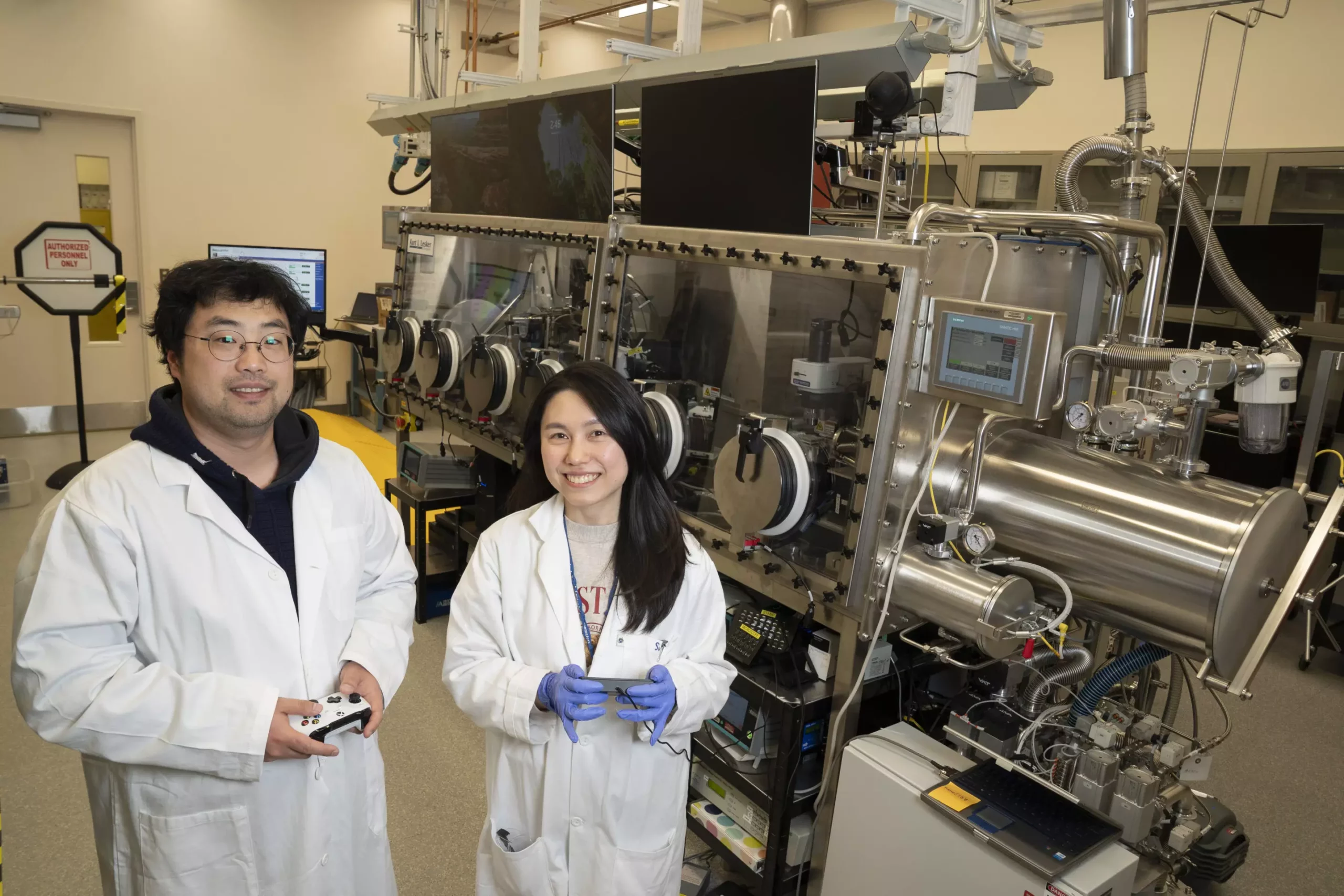In the modern era, where technology plays a pivotal role in our daily lives, advancements in information processing technologies are crucial. A recent study conducted by researchers at the University of Maryland has unveiled a groundbreaking discovery that could revolutionize the telecommunications industry and enhance data security for millions of users.
Led by You Zhou, an assistant professor in UMD’s Department of Materials Science and Engineering (MSE), in collaboration with experts from the U.S. Department of Energy’s Brookhaven National Laboratory, the study introduces a new device that utilizes a minimal amount of light to process information. This innovative approach not only promises energy-efficient communications but also strengthens data security.
Traditional optical switches used in telecommunications rely on both light and electricity to transmit information, leading to increased energy consumption. However, Zhou’s invention eliminates the need for electricity in the transmission process, significantly reducing energy usage. Initial tests have demonstrated a remarkable energy efficiency improvement, with the new device consuming merely a fraction of the energy required by conventional optical switches.
One of the most compelling aspects of Zhou’s research is its potential to pave the way for quantum communications, a paradigm that offers unparalleled data security. With cyberattacks on the rise, the need for robust protection against hackers is more critical than ever. Unlike conventional communication channels, quantum communications encode information using light, making it nearly impossible for unauthorized access without altering its quantum state.
Zhou’s collaboration with the Quantum Material Press (QPress) at the Center for Functional Nanomaterials (CFN), a facility at Brookhaven Lab, underscores the importance of interdisciplinary cooperation in scientific breakthroughs. By leveraging cutting-edge equipment and expertise, Zhou’s research team was able to fabricate a prototype that harnesses the power of “non-linear response” in materials.
Looking ahead, Zhou and his team are focused on further enhancing the energy efficiency of their device to enable quantum communications with minimal electromagnetic energy. This endeavor represents a significant step towards addressing the growing concerns over data security and privacy in the digital age. With the potential to revolutionize telecommunications and data security, Zhou’s method holds immense promise for the future.
The research led by You Zhou and his collaborators at the University of Maryland is a testament to the transformative potential of advanced information processing technologies. By blending innovation with efficiency, the team has laid the groundwork for a more sustainable and secure future in telecommunications. As we continue to navigate the complexities of the digital landscape, breakthroughs like Zhou’s offer a beacon of hope for a world where technology empowers us while safeguarding our data.


Leave a Reply
You must be logged in to post a comment.